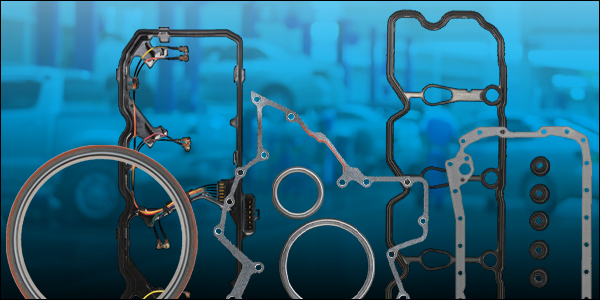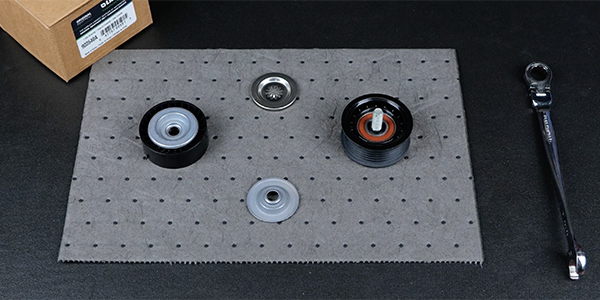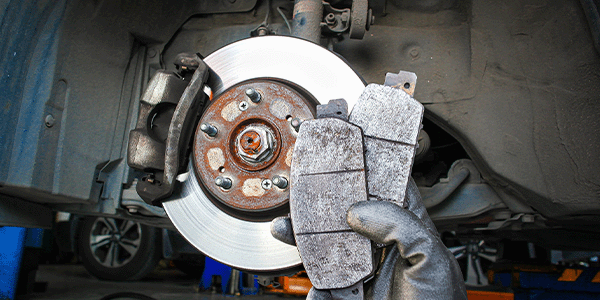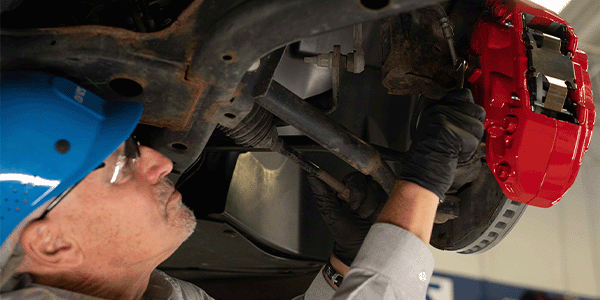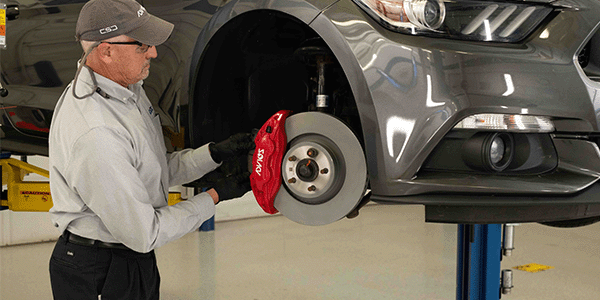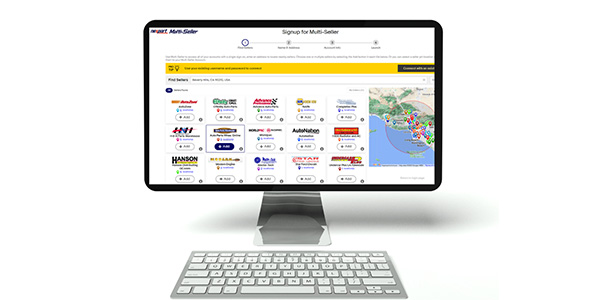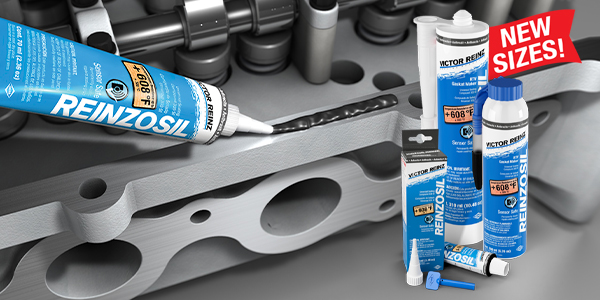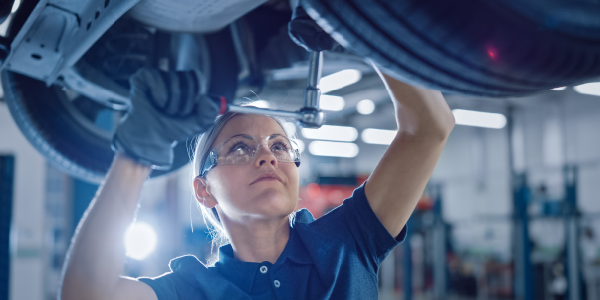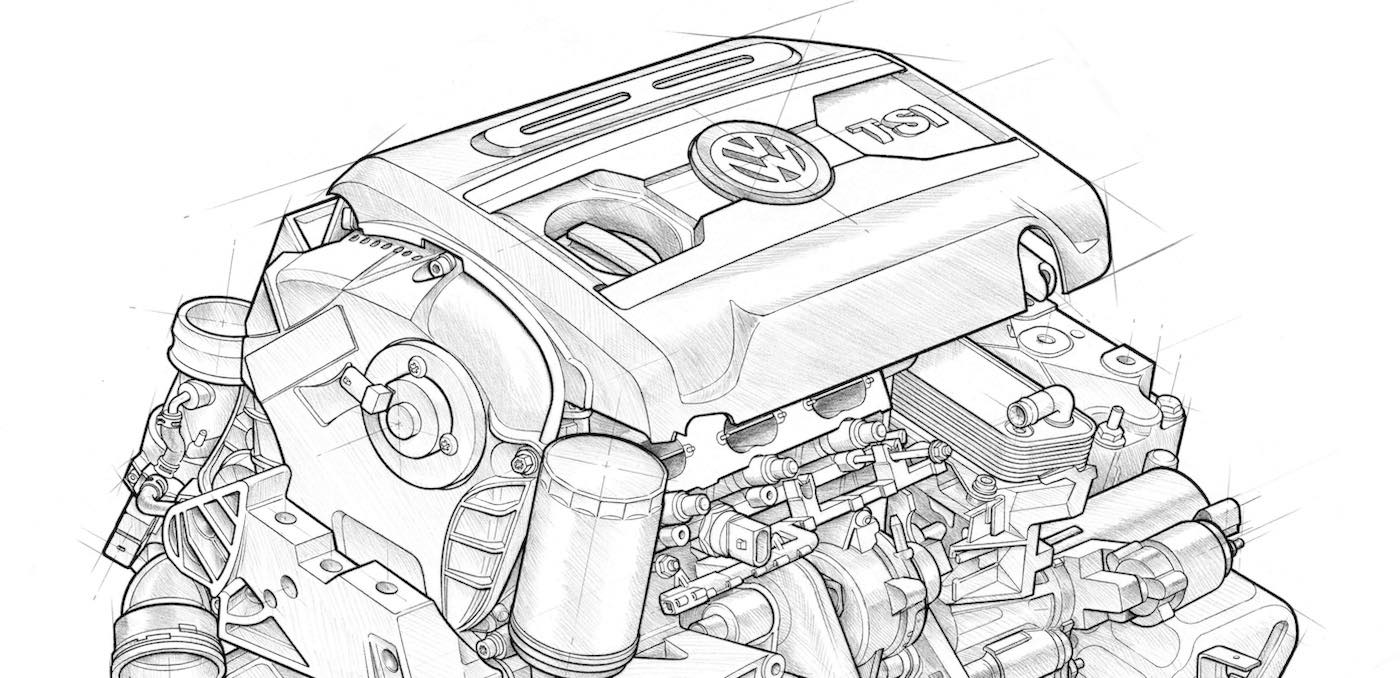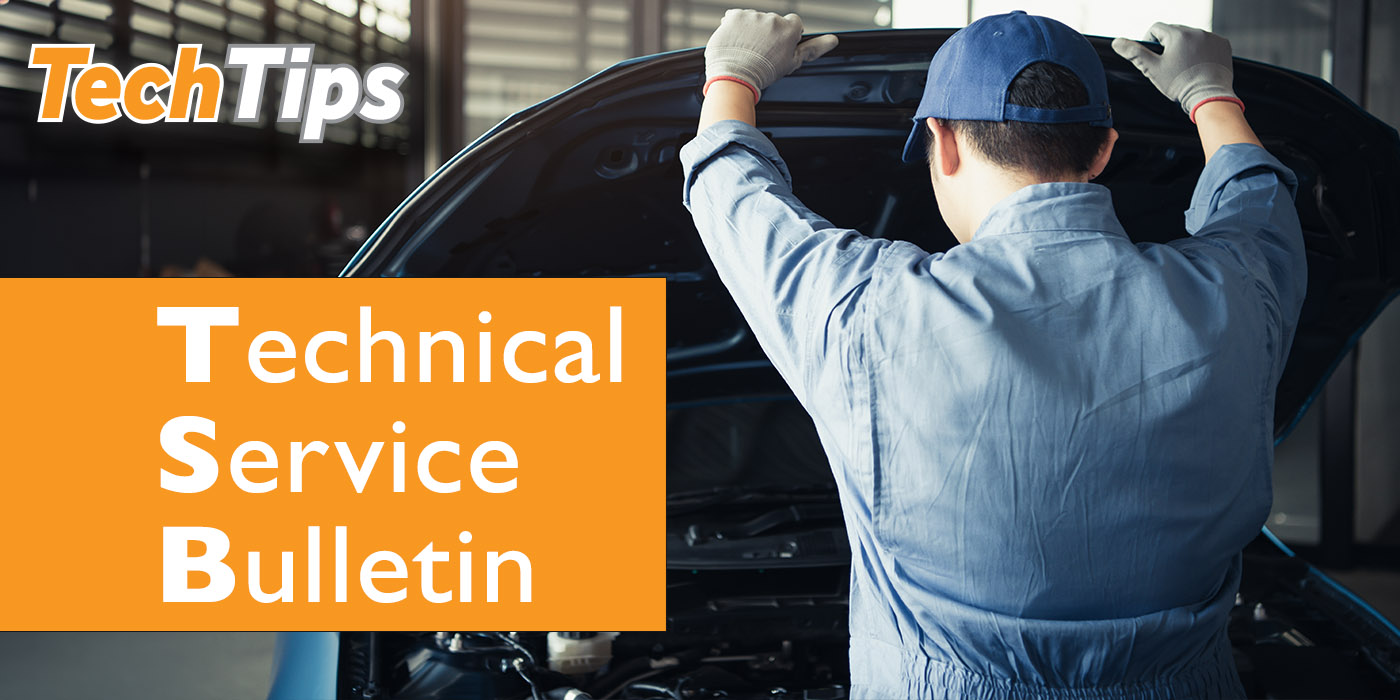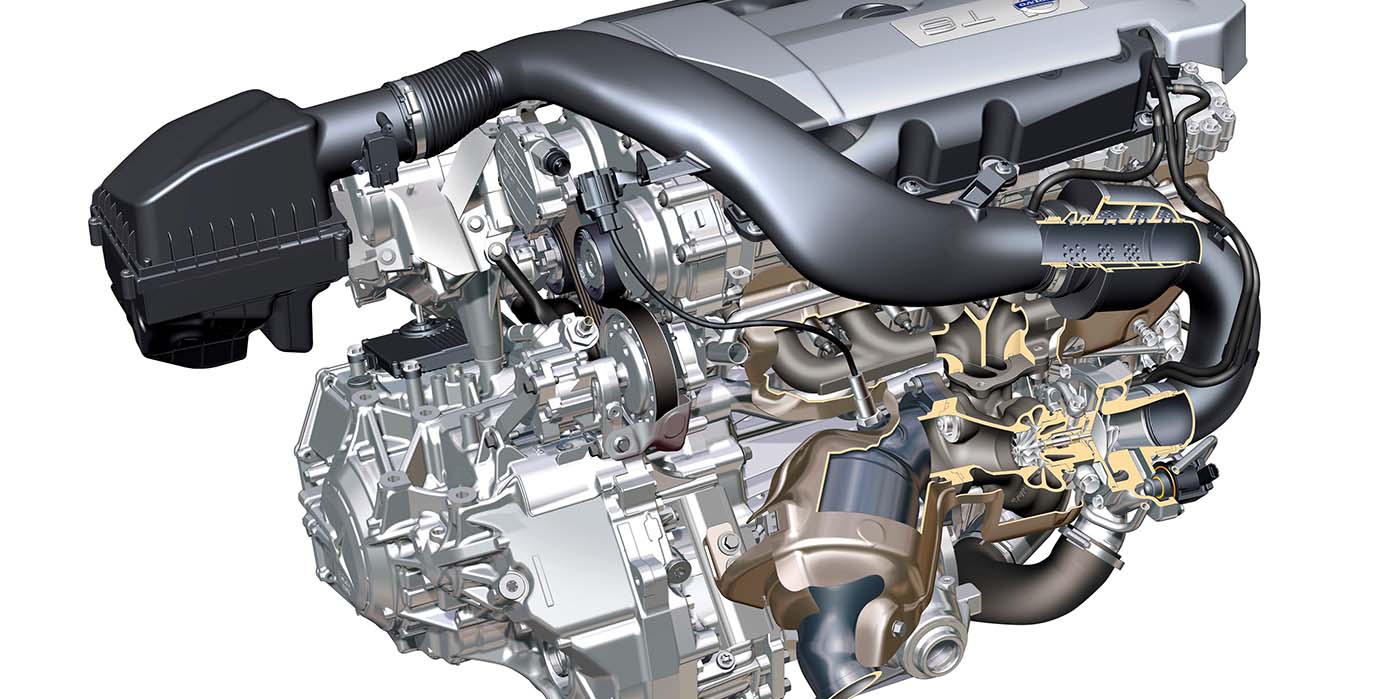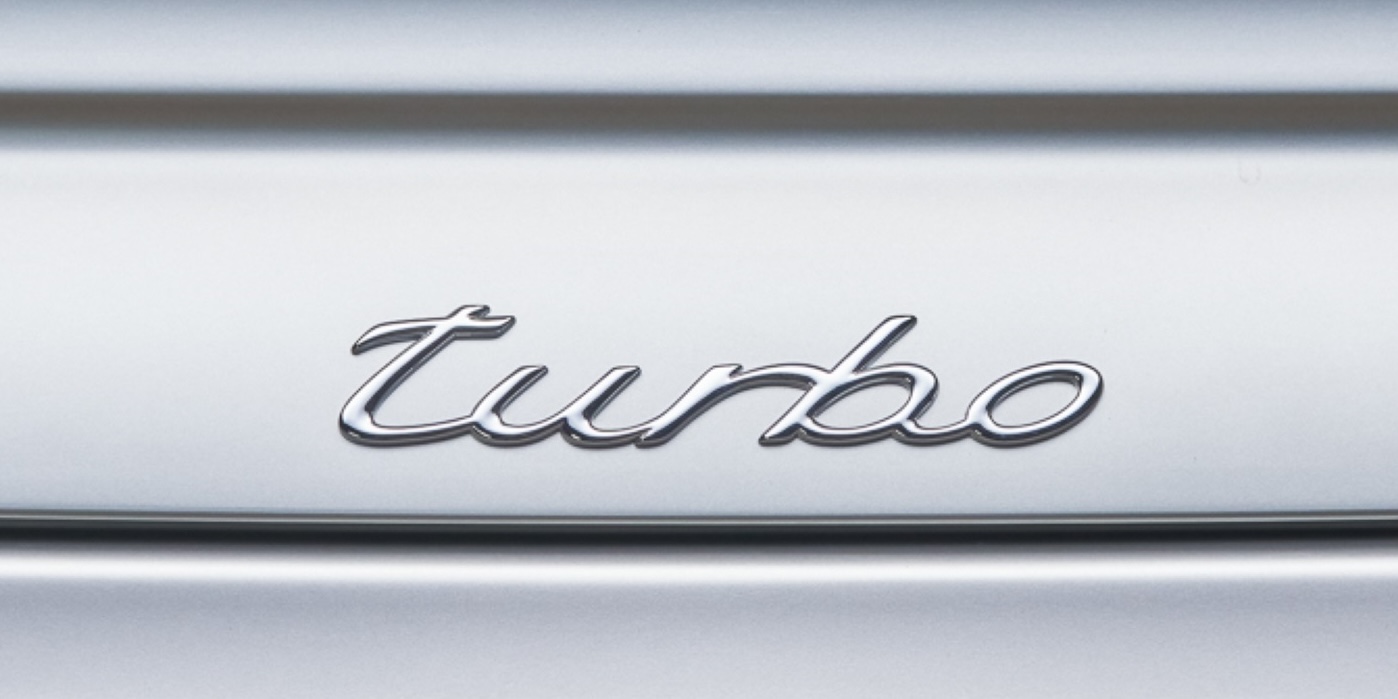Known for their versatility and toughness, diesel engines are the first choice for many truck owners—and among those engines, Dodge®/Ram® Cummins® turbo diesels consistently rise to the top of the pack. Since 5.9L engines produced between 1991 and 2010 provide reliability you can count on, don’t trust their repairs to anything less than top-quality service solutions. When repairs necessitate new gaskets, choose sealing solutions that are precisely engineered to deliver dependable repairs for each generation of these powerful engines.
Year after year and through many modifications and technological updates, Dodge/Ram diesel engines continue to provide excellent horsepower and torque. The partnership of Dodge and Cummins launched over 30 years ago, and it soon came into its own in 1991. The Dodge/Ram Cummins turbo diesel 12 valve engine offered more torque than the competition, and the reliability of the Cummins engine was already well-established, having been tested for years in heavy-duty applications. When servicing these VIN 8 engines, choose sealing solutions that are designed to deliver premium performance.
For an engine that is readily available, gets great fuel economy, and provides plenty of torque, you can’t go wrong with a Dodge/Ram Cummins turbo diesel 12 valve VIN C engine, manufactured from 1991 through 1996. The steady trend of durability and efficiency established by this engine continues through the 1997-1999 VIN D engine, which delivers across the board in terms of power, torque, and fuel economy. Tested designs and precision manufacturing come together in these engines, so it’s a good idea to utilize leak-stopping solutions that maintain these same standards.
Just like its predecessors, the Dodge/Ram Cummins engine produced from 1998 through 2004 is extremely reliable; yet every engine needs maintenance. In the VIN 7, worn oil seals in the center hub rotating assembly may let lubricating oil into the intake and exhaust. When this occurs, prompt servicing with the right gaskets will prevent intercooler clogs and damaged oxygen sensors.
Beginning in 1998, Dodge introduced an improved 24-valve version of their highly-respected 12 valve engine. Honored by many as a near-bulletproof powerplant, the 24-valve VIN 6 engine has established a legacy of its own. It’s a legacy that built on itself and grew through the 2002-2010 turbo diesel engine and the 2010 5.9L VIN 7 engine. Selecting the ideal gaskets for repairs to these engines will keep these trucks on the road for many miles to come.
When you’re servicing a 5.9L Dodge/Ram Cummins engine, you need gasket sets that are engineered by experts to fit these hard-working diesel powerhouses. Victor Reinz sealing solutions cover these L6 engines manufactured from 1991 through 2010, and every gasket set is designed for easy installation and a superior seal. From oil pan gasket sets to thermostat gaskets to intake manifold sets and more, our sealing solutions provide repairs that are as durable as these engines.
To enjoy peak performance from a Dodge/Ram Cummins turbo diesel engine, seek out sealing solutions that are engineered for an original-equipment fit. These legendary engines provide unsurpassed fuel economy and outstanding torque: keep them going strong with gaskets from a global leader in OE gasket and sealing technology.

